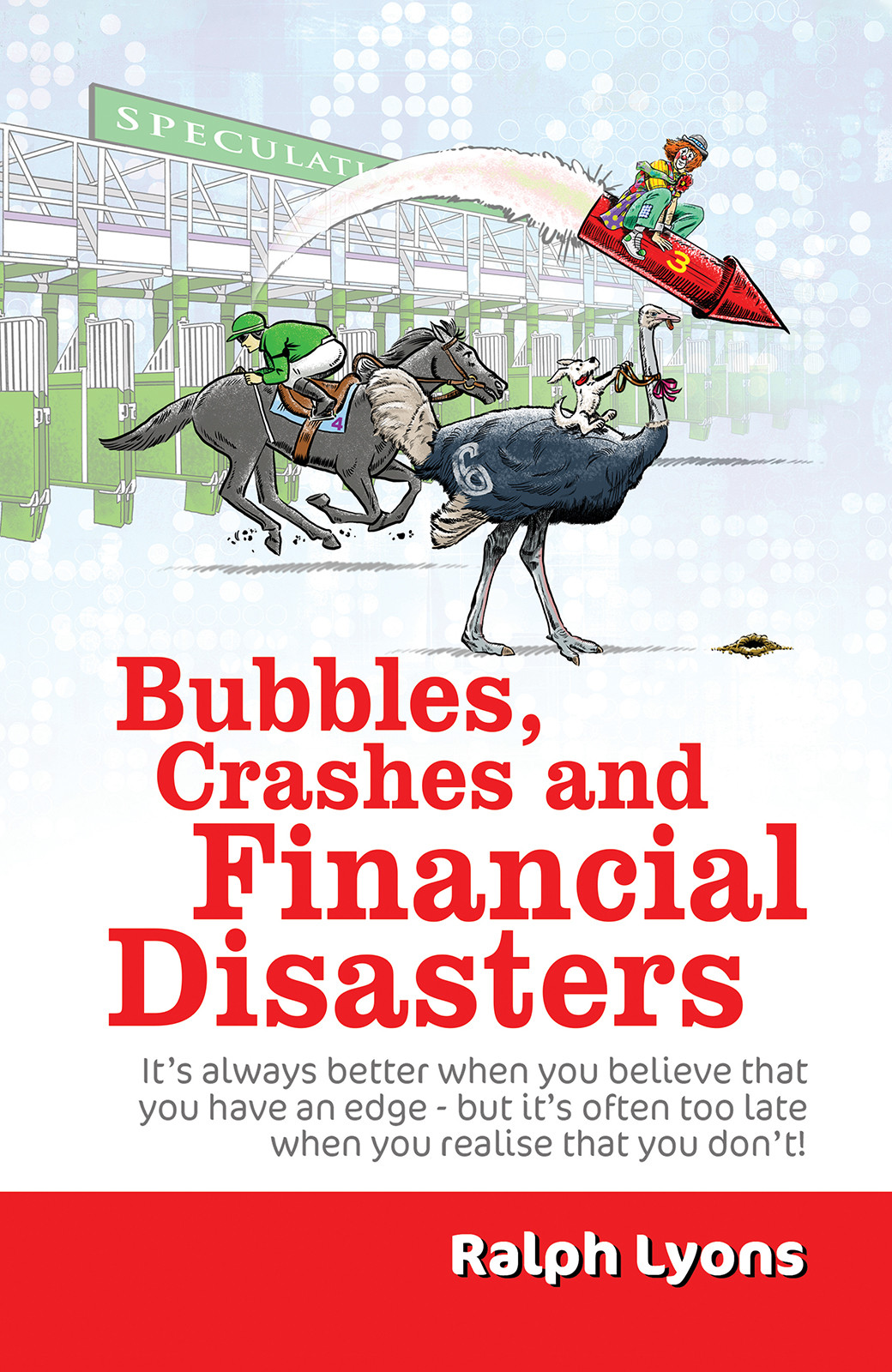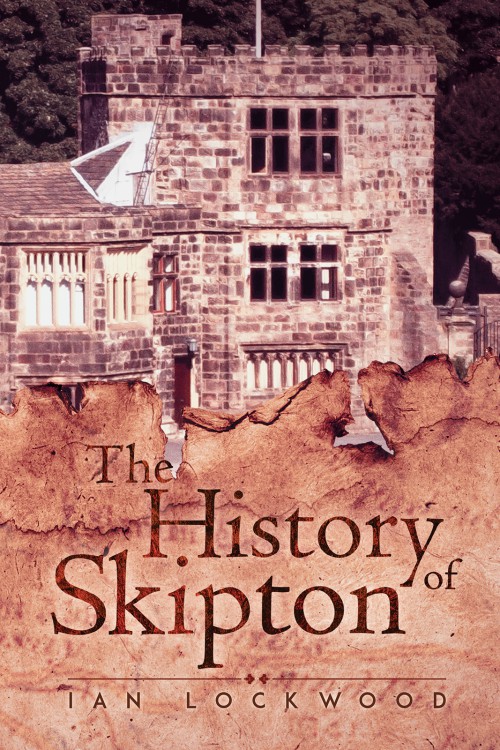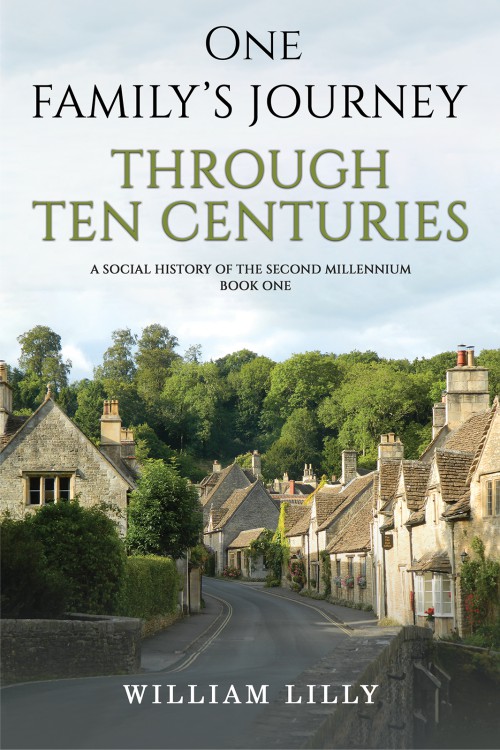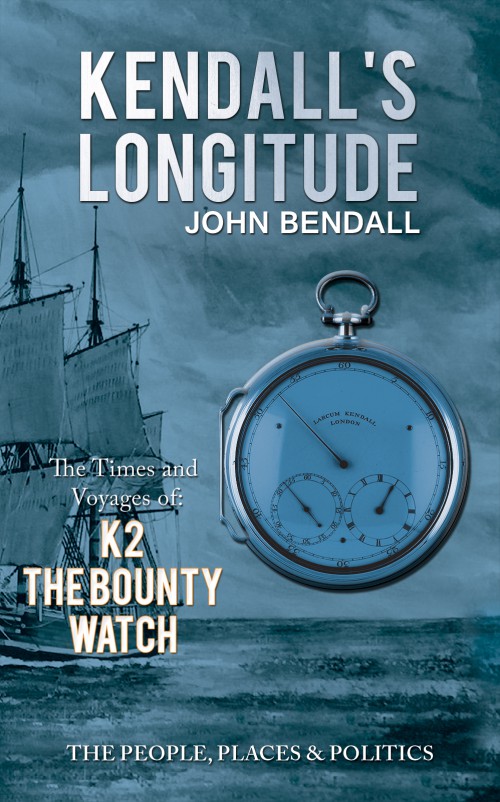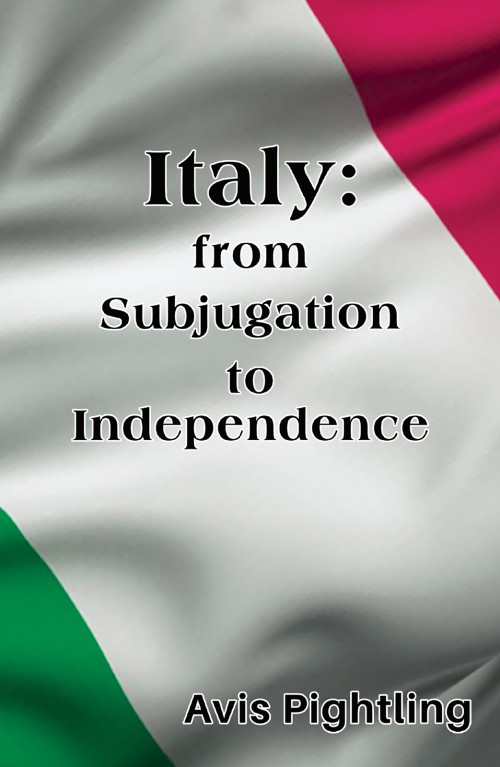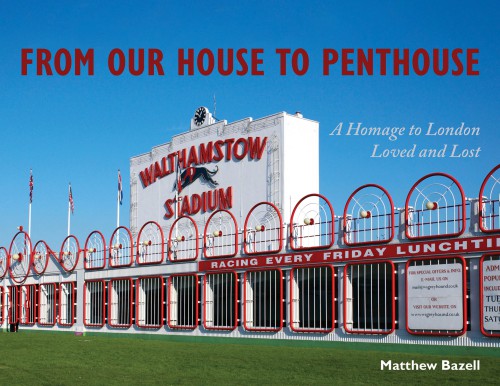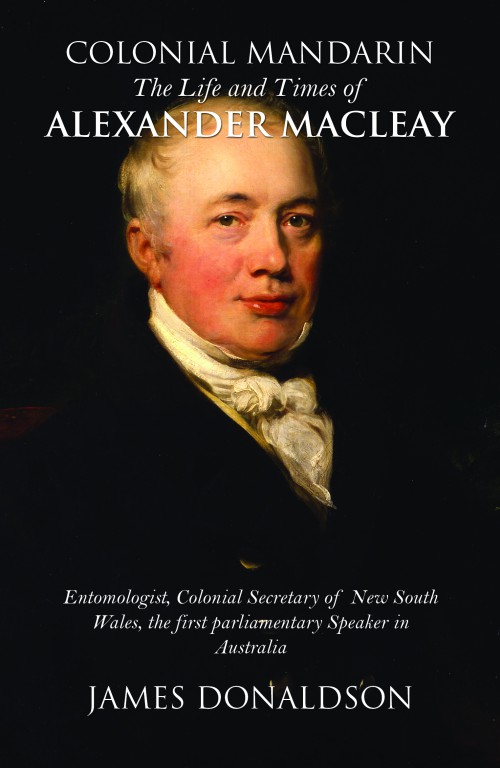-
Addicted
Humans are biologically hardwired to alter their mental state, drugs are the pathway, and America is their biggest consumer. From antiquity to modernity, use and prohibition have gone hand in hand. Addicted raises the curtain to expose the lies and fill in the blanks behind America’s failed 50 year war on drugs and makes sense of the quagmire of misinformed laws and policy, blending Miller’s investigative journalism with historical narrative.
In addition, Miller tells the story of nature’s three primary psychotropic plants and the history of government efforts to suppress them: Papaver Somniferum, the opium poppy, the drug of Asian mystery, which provides opium and its derivative alkaloids morphine and heroin; Erythroxylum Coca, which provides the cocaine of all night parties and glamor; and Cannabis Sativa, L., the historical intoxicant of rebellion and counterculture. These plants convert soil, water, nutrients, CO2, and light into complex chemical substances, which can elevate, intoxicate, and even heal.
Addicted unravels the institutional mechanism that fuels the war’s self-perpetuation, its abject failure, and its deplorable byproduct of racial injustice. The stories in Addicted feature a diverse cast of heroes, villains, and bureaucrats as well as all the post-Nixon Presidents who failed in their version of the war.
£23.99 -
City of Tears: The Dark History of Paris
If you were standing on the very spot where Joan of Arc was wounded by an arrow, wouldn’t you want to know?Beneath the brilliance and the grandeur of Paris is a city that few people know. It lingers in the dark shadows of the past, if only you knew where to look.For 21 centuries, Paris has been the epicenter of countless invasions, occupations, civil wars, sieges, rebellions, assassinations, coups, massacres, executions, epidemics – and, of course, a world-shattering revolution.In 40 brief stories, City of Tears will guide you through Paris’s astonishingly turbulent history – from the Roman conquest to World War I – and point you to the very sites where momentous events occurred. Along the way, you will meet a parade of personalities: Ragnar Lodbrok, the Templars, Joan of Arc, Catherine de’ Medici, the Sun King, Marie Antoinette, Louis XVII, the two Napoleons, Alfred Dreyfus, and dozens of other fascinating characters who shaped the history of the beautiful city we know today.
£13.99 -
Crowning Glory
As a nation, we like to think we know everything about our Kings and Queens. William I conquered in 1066, Henry VIII had six wives and Queen Victoria was ‘not amused’… But do these ‘pub-quiz facts’ provide a genuine picture of what our monarchs were really like as living, breathing people? As the reader shall find, there is a treasure-trove of wit, wisdom and wonder waiting to be discovered.Crowning Glory wipes away the cobwebs of fuddy-duddy facts and breathes new life into this surprisingly addictive aspect of history. It challenges our basic understanding of the subject by introducing readers to a colourful cast of characters and revealing little-known insights.This book reminds us that, behind the formality of the crown, are real human beings. Like you and me, they have known success, failure, sorrow, and laughter. The lives of our kings and queens are so much more vivid than boring, old dates, figures, and facts.
£25.99 -
Mary, Queen of Scots Slept Here
Mary, Queen of Scots, was forced to abdicate her throne in Scotland and fled to England, seeking help from Queen Elizabeth I to regain her throne. However, Queen Elizabeth, fearing Catholic plots to replace her with Mary, was not inclined to offer assistance. Instead, she ensured that Mary was housed in castles and manors owned by her own supporters.Mary became a definite prisoner, guarded by people trusted by Elizabeth. Gradually, she was moved through England to her final imprisonment in Fotheringhay Castle, leading to the final chapter of her tempestuous life.
£11.99 -
Bubbles, Crashes and Financial Disasters
Throughout history, the allure of promising opportunities has often ignited a speculative frenzy, arousing the get-rich-quick syndrome in millions of credulous souls, driving them to the extremes of ambition and greed in their quest for wealth. The symptoms of such behaviour frequently manifest during the build-up to a market crash, when months or even years of gains are wiped out in mere hours. This phenomenon is known as the ‘boom-and-bust scenario’, characterized by an economic bubble followed by a devastating crash.In this book, we delve into a number of remarkable events that have taken place between the seventeenth century and the present day, culminating in enormous financial losses for the general public or even the collapse of entire economies. The Great Crash of 1929 and some of the instances depicted from the 1980s onwards had seismic effects felt on a global scale.Today, despite living in a highly sophisticated world of economic regulation, financial manipulation, and extensive application of fiscal policy, economic bubbles still seem to burgeon from invisible beginnings, grow rapidly out of control, and then fragment into a melee of problems for modern society. While many believe that the random forces of human nature are responsible, spiralling out of control during periods of heady speculation, others share a different view. They argue that large economic bubbles are non-organic, engineered from within the system itself.This book takes a light-hearted journey through the subject matter, considering both the historical events and the intriguing possibility that financial engineering plays a role in the creation and destruction of economic bubbles.
£18.99 -
The History of Skipton
The History of Skipton is the most comprehensive history of the town for almost 150 years. The book focuses on the life of ordinary Skipton townsfolk and their health, hygiene, work and recreation. Covering the period from the Norman Conquest to the 21st century, The History of Skipton uses long-forgotten reports and archives to reveal many details which have never been published before.
£22.99 -
RAF 100 Group - Kindred Spirits
This remarkable book brings together for the first time writings of RAF 100 Group who, during WWII, flew secret operations deep into the heart of Germany - identifying and jamming enemy radar, working with Bletchley Park and the Y-Service, supporting SOE and the Resistance.Over 55,000 men died in Bomber Command, the highest casualty rate of any Unit. On VE Day, Churchill praised those who contributed to victory, with one glaring omission - Bomber Command, of which this Group was a valued part. What happened to his stirring words: ‘The fighters are our salvation, but the bombers alone provide the means of victory'?Seventy years on, RAF 100 Group remains shrouded in mystery, their families unaware as veterans take their secrets to the grave.This book represents a tribute, a Memorial, proof of their existence, finally giving them recognition so richly deserved.
£20.99 -
One Family’s Journey Through Ten Centuries
We trace one family, generation by generation, throughout the one thousand years of the second millennium. The trilogy sets the family within its social environment, describing its migration from the continent, and across England, Scotland, and Ireland to settle in the New World. From that we get a vivid picture of what affected, motivated, worried, and encouraged this Saxon family and how they coped. Since the migration of this family was typical for the time, this study is relevant to millions of people in the United Kingdom, Canada, and the United States, whose ancestors followed the same general migratory path.Book I specifically covers the feudal period in the Middle Ages (1000 – 1560), where a feudal autocrat and an avaricious pope, between them, owned and controlled everything. Throughout, the family became our witnesses to many of the historic events of the feudal period: the Battle of Hastings, Anglo-Saxon resistance, the plague, the Little Ice Age, the Great Starvation, Guilds, the building of great cathedrals and castles, and the gradual decline in the king’s power and control.In 1067 William the Conqueror appointed Honfroi de Insula de L’lle as the Dominus of the area around the feudal village of Combe, Wiltshire. He permitted Honfroi to live and build a motte and bailey castle there to assist in keeping the peace. The front image is Castle Combe as it appears today.
£23.99 -
Kendall's Longitude
Lost at sea: every mariner’s fear.Maritime navigational tools could find latitude, but finding longitude remained elusive until Harrison developed the reliable sea clock, H4. Building on H4’s success, Kendall made a series of nautical timekeepers, K1, K2 and K3. This is the story of the K2 timekeeper; its adventurous voyages, the people it touched, and its place in history. K2’s first voyage, accompanied by the young Nelson, was nearly its last in the crushing Arctic ice. The next two expeditions saw it survive kidnappings, nautical intrigue, and gunpowder plots of the American revolutionary wars. The slave coasts of Africa followed.Bligh took K2 on the Bounty, but lost it in a fight with the mutineers in 1789. It was recovered by an American Quaker from Nantucket, only to be stolen by the Spanish. It rode on mules along the Andes before sailing into the Opium Wars. K2 finally returned to Greenwich in 1963.DRAMATIC, THREE NATION 'STORY OF TIME'
£21.99 -
Italy: From Subjugation to Independence
Enter a world of cloak-and-dagger intrigue and military rivalry, secret societies and revolution!The story opens with the rise and fall of the glorious Roman Empire, to be followed by the unceasing wave of invasions, in particular France, Spain and Austria. The rising city communes transform into powerful and wealthy city-states which, against the background of the flowering Renaissance, begin to resist foreign interlopers, whilst the Papacy vies with the Habsburg emperors for control of the Peninsula.The scene shifts to the Age of Enlightenment which not only kick-starts the foundations of the Italian economy, but also motivates the quest for independence. Masterminded by the revolutionary Mazzini, revolts snowball. Cavour’s international wheeler-dealings are followed by Garibaldi’s clinching victory over the Austrians at Volturno in 1860, by which he presents half of Italy to his king, Vittorio Emanuele II. The creation of a united and independent Italy is, at last, achieved.A ‘must’ for invaluable reading for those who seek a deeper understanding of Italy and the Italians.
£13.99 -
From Our House to Penthouse
From Our House to Penthouse takes you on a nostalgic trip down memory lane to a London that disappeared not so long ago. Pubs gutted to make way for coffee chains! Arenas and cinemas bulldozed to make way for hotels! Dog tracks and football grounds now apartments!London went through a huge change in the first two decades of the 21st century, and From Our House to Penthouse pays homage to the venues and places that were lost in that time. Featuring photos of iconic London landmarks that no longer exist, author Matthew Bazell has compiled a historical record to keep memories alive.
£32.99 -
Colonial Mandarin: The Life and Times of Alexander Macleay
/* Style Definitions */ table.MsoNormalTable {mso-style-name:'Table Normal'; mso-tstyle-rowband-size:0; mso-tstyle-colband-size:0; mso-style-noshow:yes; mso-style-priority:99; mso-style-parent:''; mso-padding-alt:0cm 5.4pt 0cm 5.4pt; mso-para-margin:0cm; mso-para-margin-bottom:.0001pt; mso-pagination:widow-orphan; font-size:10.0pt; font-family:'Calibri',sans-serif;} The Scot, Alexander Macleay (1767-1848), was an entomologist and notable political figure in the nineteenth-century pioneer days of Sydney, Australia. Criticised for his salary, his free house and the large land grants he received, he was also ridiculed for his stature and his fat legs, that he survived this crude sniping until his retirement in 1846 is testament to his endurance and indefatigable nature. Macleay won through to become a major administrative, scientific, cultural and philanthropic contributor in the developing colony of New South Wales. James Donaldson’s Colonial Mandarin: The Life and Times of Alexander Macleay draws from many sources including the Linnean Society of London for which he served as Secretary and the journals, political writings and newspapers of Sydney. Donaldson paints a strong portrait of a man who became Colonial Secretary for New South Wales in 1825 and whose scientific curiosity made his insect collection one of the most extensive in the world. With those of his son, William Sharp Macleay and nephew, Sir William (John) Macleay it is preserved in the University of Sydney’s Macleay Museum.
£14.99





